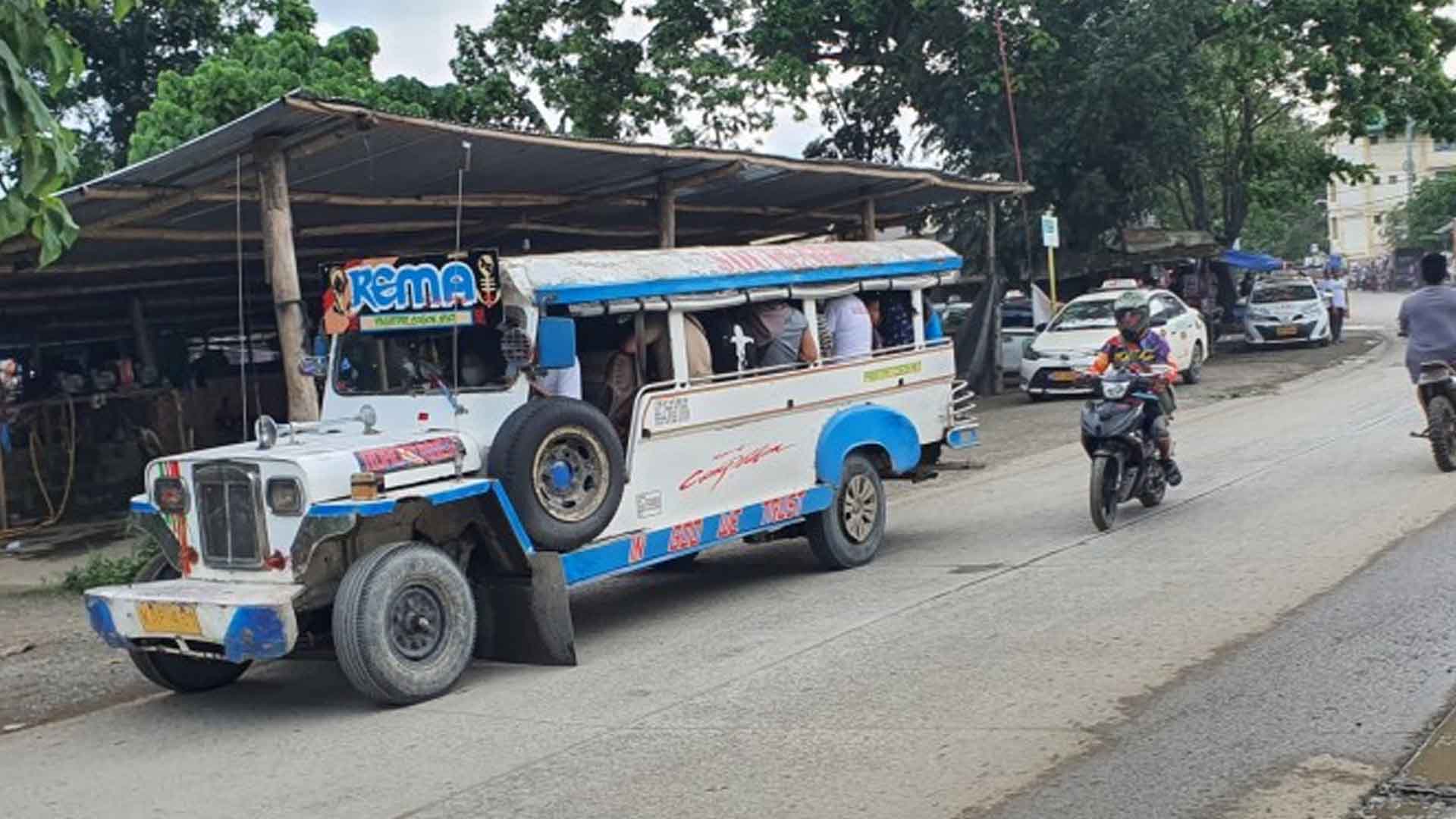The Land Transportation Franchising and Regulatory Board in Northern Mindanao (LTFRB-10) assured the public Monday that transport services would be “business as usual” for the rest of the week.
LTFRB-10 Director Aminoden Guro said around 98 percent of transport groups in the region signified they would not join the strike.
The groups are also supportive of the government’s public utility vehicle modernization program (PUVMP), he added.
“Since last week they have indicated they will not join (the strike) and support (the PUVMP). Almost all of the transport operators and drivers in the region have been consolidated into transportation cooperatives and corporations,” Guro said in an interview.
A requirement for operators and drivers to avail of the PUVMP loans for “modernized” transportation is to be a member of accredited transport cooperatives.
Guro also said the region’s transport groups understood the direction of the government’s plan for a better transportation system.
One of the groups supporting the PUVMP is the Northern Mindanao Federation of Transport Service Cooperative (Nomfedtrasco) which has 47 primary transport service members.
Nomfedtrasco currently has more than 20 operational modernized units covering the five provinces and two chartered cities in the region.
In a press briefing Monday, Luzminda Escobidal, Nomfedtrasco’s chief executive officer, noted that the PUVMP has long been in the pipeline of the government starting with the taxi operators in 2013.
In 2017, the LTFRB’s memorandum circular on PUVMP started mandating jeepney operators and drivers for a transition to modern PUV units by forming cooperatives as part of the Phase 1 consolidation.
“At first we were against it because our questions were not answered, like where do we get money to pay the loans,” she said.
But Escobidal and the other groups said the government, through the LTFRB, explained the need to change the units for it to become environmentally friendly and prioritize the comfort of passengers.
“If we belong to a consolidated cooperative (like Nomfedrtasco), there is security when it comes to maintenance and financial management in paying the modern PUVs, which is under loan terms,” she said. (PNA)







